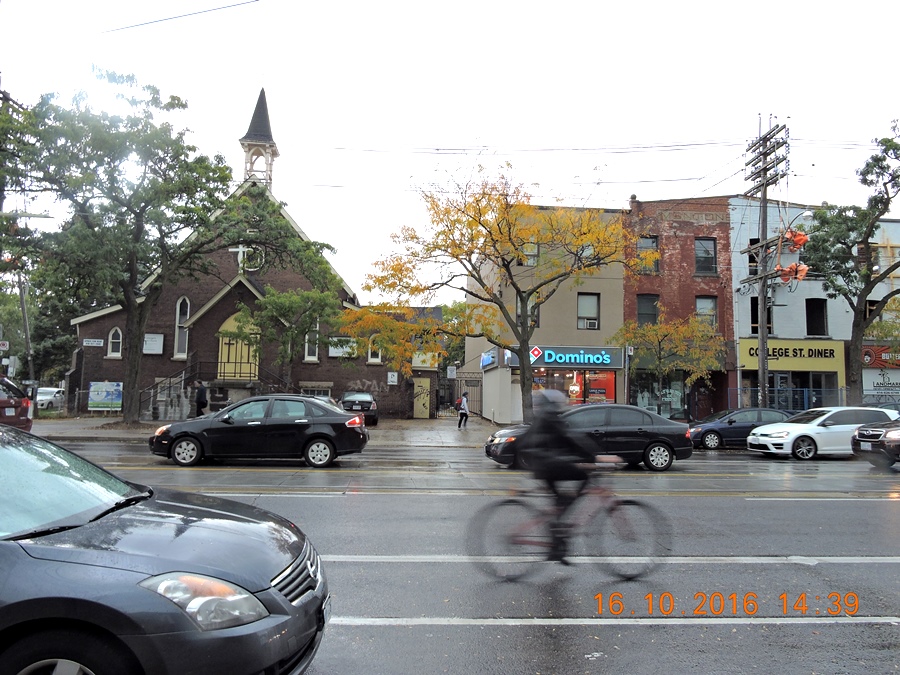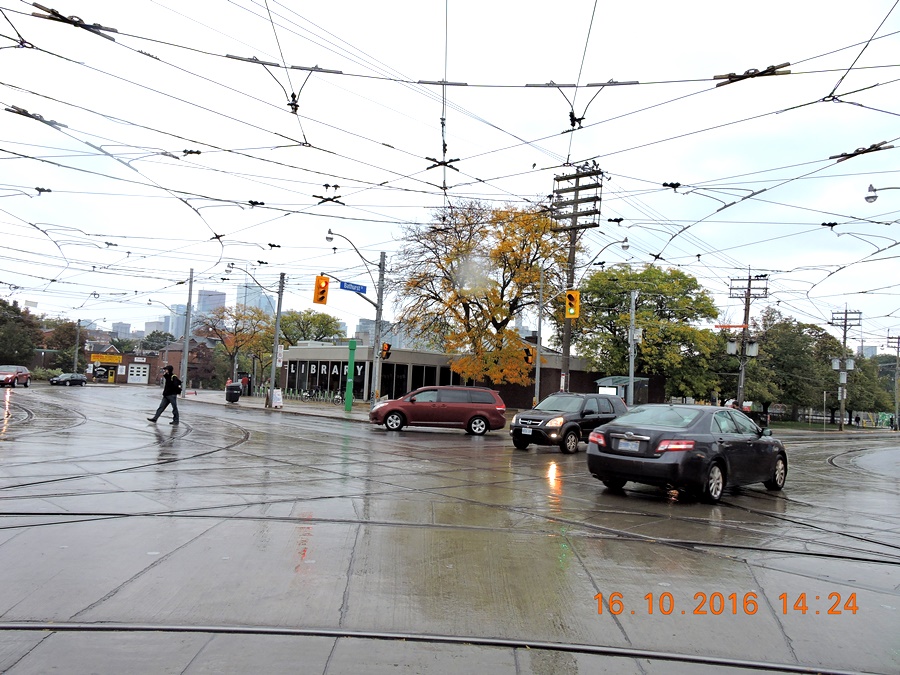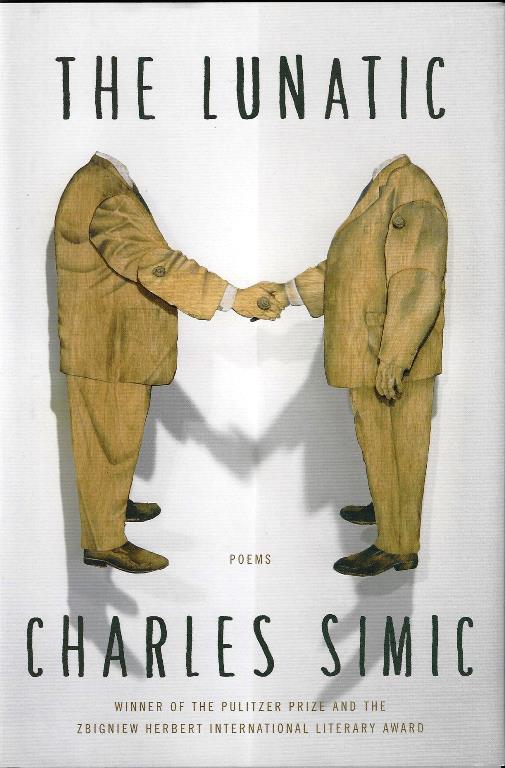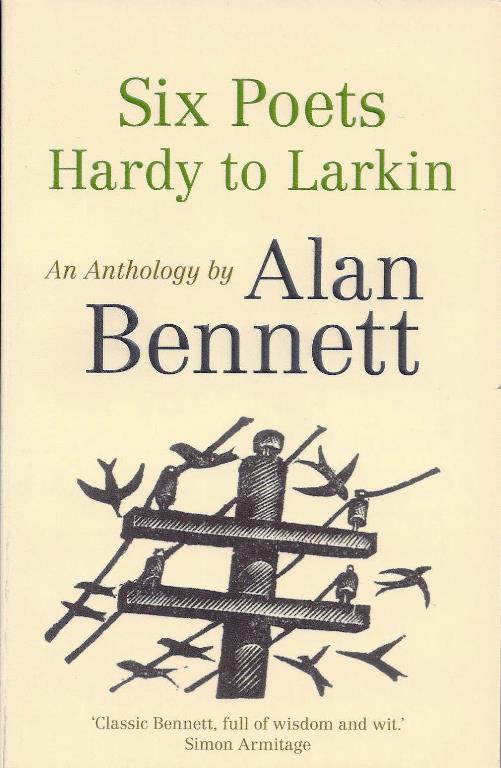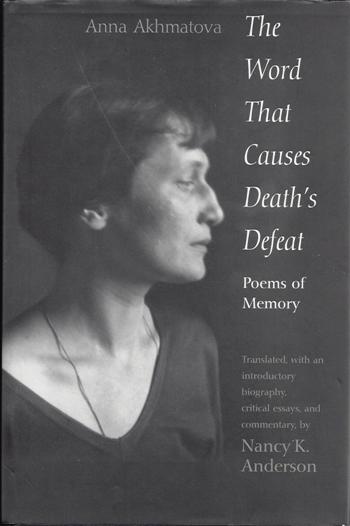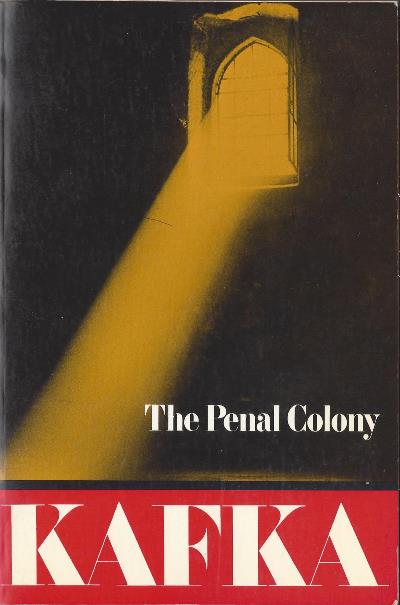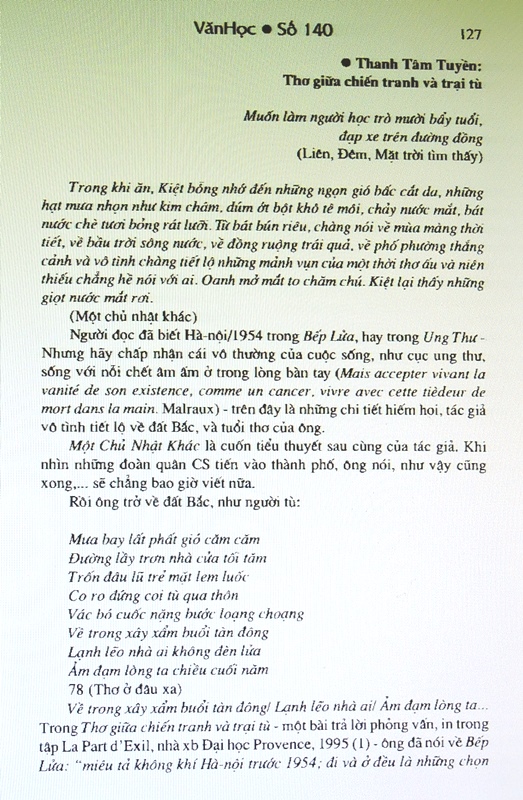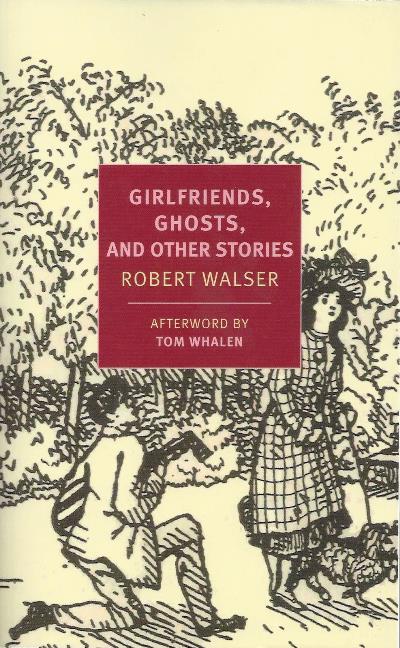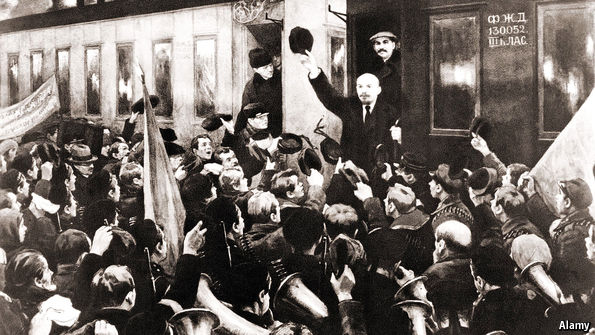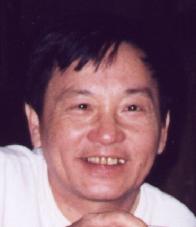
I (old) 1 2 3 4 5 6 7 8 9 10 11 12 14 15 16 17 18 19 20 Nhìn lại những trang Tin Văn cũ 1 2 3 4 5 Bản quyền Tin Văn Chân Dung Nga Liu Xiaobo Elegies Nobel văn chương 2012 Anh Môn Kỷ niệm 100 năm sinh của Milosz IN MEMORIAM W. G. SEBALD
Note: Trang
này bị
trục trặc,
mới sửa lại.
Trang này, và "last page", và "Lướt TV là những trang hỗ trợ lẫn nhau TTT @ Phan Nguyên Blog SN_GCC_2016
|
Album | Thơ | Tưởng Niệm | Nội cỏ của thiên đường | Passage Eden | Sáng tác | Sách mới xuất bản | Chuyện văn
Dịch thuật | Dịch ngắn | Đọc sách | Độc giả sáng tác | Giới thiệu | Góc Sài gòn | Góc Hà nội | Góc Thảo Trường
Lý thuyết phê bình
| Tác giả Việt | Tác giả ngoại | Tác giả & Tác phẩm | Tạp ghi | Text Scan | Tin văn vắn | Thời sự | Thư tín | Phỏng vấn | Phỏng vấn dởm | Phỏng vấn ngắn
Giai thoại | Potin | Linh tinh | Thống kê | Viết ngắn | Tiểu thuyết | Lướt Tin Văn Cũ | Kỷ niệm | Thời Sự Hình | Gọi Người Đã Chết Thơ Mỗi Ngày | Chân Dung | Jennifer Video Nhật Ký Tin Văn / Viết mỗi ngày/Sách & Báo Mới https://www.facebook.com/quoc.t.nguyen.1 Last Page
|
